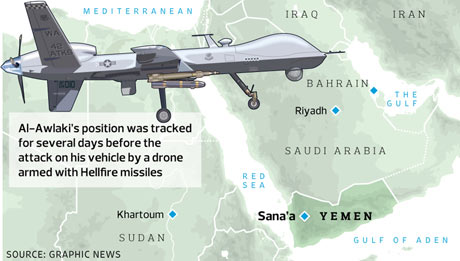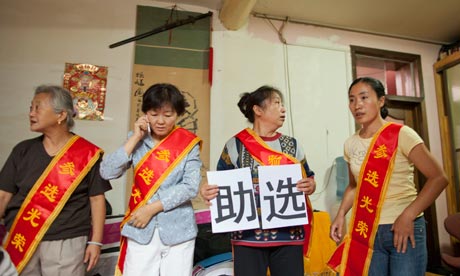By Carolyn Abdenour
Impunity Watch Reporter, Africa
YAOUNDE, Cameroon – Police detained over 200 people at an independence rally in Southern Cameroon this weekend. Police arrested 126 people for defying public order after they arrested fifty activists from the Southern Cameroons National Council (“SCNC”) at a demonstrated in Buea on Saturday. Saturday was the fiftieth anniversary of the merger between British Cameroon and French Cameroon that created present Cameroon.

SCNC seeks independence for the English-speaking minority in Cameroon. English-speaking separatist movements created the organization in 1995 to gain independence of their territory. The Council complains the authorities in Yaounde, Cameroon’s capital, politically marginalizes and neglects the English-speaking minority. SCNC did not receive permission to hold its rally in Buea on Saturday, and security forces dispersed the Anglophone separatist movement.
On Sunday, an anonymous source stated “As I am speaking to you, 150 of [the detainees] are held at (the mobile intervention unit), 30 at the central police station and 25 at the gendarmerie brigade.” The source asked for anonymity because he did not receive authorization to speak to the press.
Cameroonians will go to the polls for a presidential election on Sunday, 9 October. President Paul Biya has governed Cameroon since 1982. Biya is likely to remain president of this oil-producing country for another seven-year term. In 2008, Biya amended Cameroon’s constitution by removing presidential term limits. This amendment provoked unrest in the country.
This protest trials behind recent unrest related to the elections. On Thursday, 29 September, gunmen, wearing military uniforms, opened fire in Douala, Cameroon’s commercial capital, in an anti-government protest. They carried signs that read “Paul Biya Must Go At All Costs” and “Paul Biya Dictator”.
The gunmen blocked the mile-long Wouri Bridge as they protested against Biya. The gunmen and police shot at each other for hours, and one gunman fell off the bridge into the Wouri River. An eyewitness to the incident was unsure if he drowned. Residents continued to hear sporadic gunfire hours after the situation concluded.
Biya faces twenty-two candidates opposing the 78-year-old incumbent in the race. However, Biya’s critics suggest with Biya’s tight control of the electoral commission, Biya will rig the election.
The Social Democratic Front (“SDF”) denounced the organization of the election. SDF’s spokesman Evariste Fopoussi says, “There is a whole mountain of irregularities” because the election rolls have double entries and is missing candidate names.
For more information, please see:
Antigua Observer – Cameroon Arrests More Than 200 Separatists – 2 Oct 11
Cameron Online – Cameroon: 126 Arrested Over Independence Protest – 2 Oct 2011
Voice of America – Cameroon Separatists Arrested Following March in Buea – 1 Oct 2011
BBC – Cameron Shooting: Douala Gunmen Kill One – 29 Sept 11

